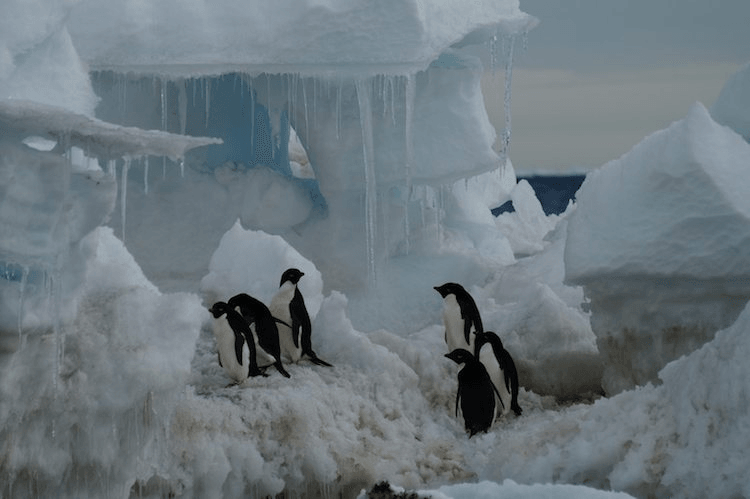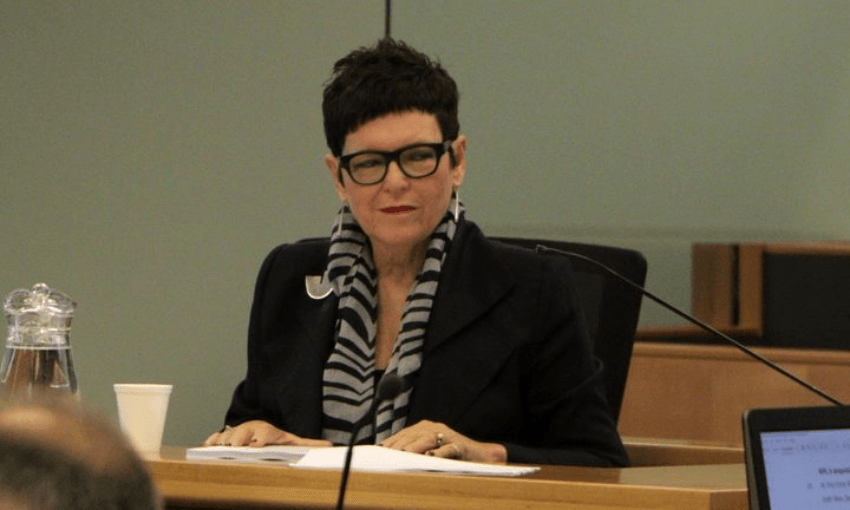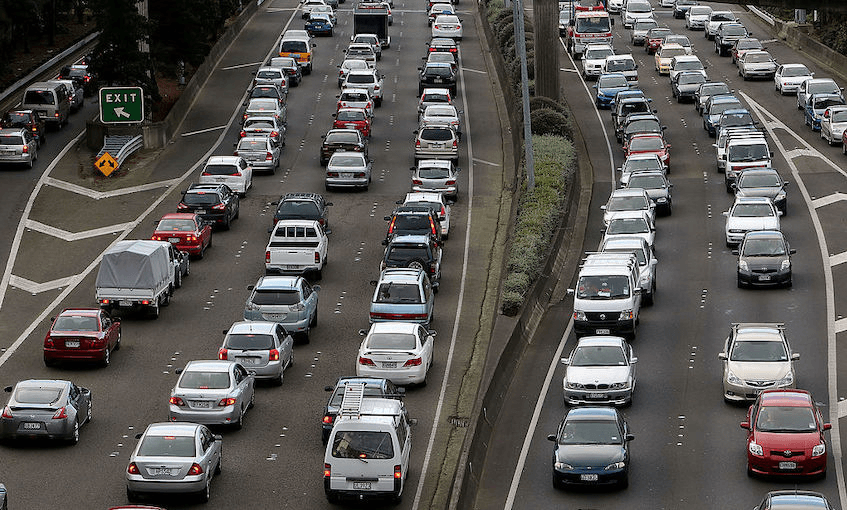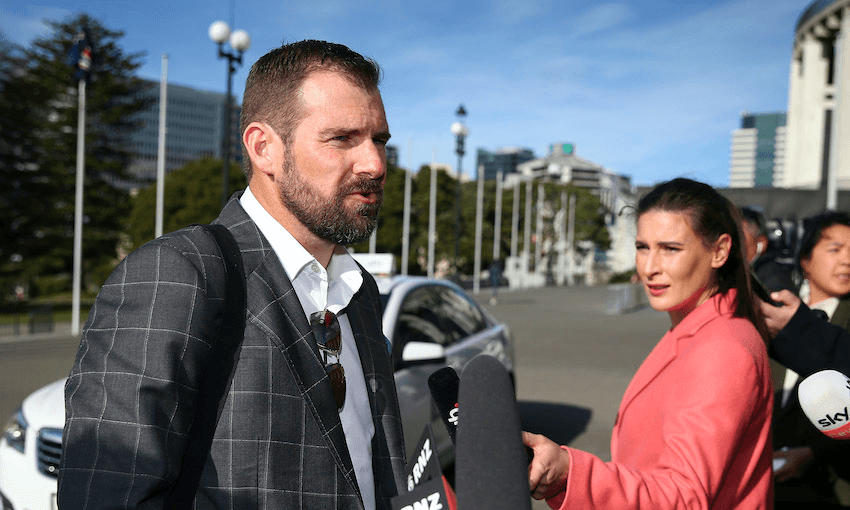I find watching TV shows quite difficult and non-relaxing (you can’t control the length of the episodes, compared to reading when you can stop wherever) so I thought I’d do a round-up of what might be good to read this weekend instead.
If you don’t want to stray too far from TV, I’m nearly through the frothy, delightful Romantic Comedy by Curtis Sittenfeld, about a fictional SNL writer dating a famous musician (YMMV depending on how much you think “being insecure” is an interesting personality trait). If you’re interested in global health justice, I read Phantom Plague by Vidya Krishnan earlier this year and was compelled by her depiction of the past, present and future of tuberculosis as an issue that concerns everyone. If you like things that are short and snappy, maybe go for the weird but very funny short stories in episodic novel 2000 ft Above Worry Level by Eamonn Marra.
If what you really like is the reading what everyone else is reading, then peruse the Unity Books bestsellers for the week. The Axeman’s Carnival by Catherine Chidgey and Lioness by Emily Perkins are two local novels beloved of The Spinoff Review of Books. And it seems like everyone wants to know more about creativity, Steven Joyce and fungi.
And shameless plug: if you’re interested in reading articles instead of books (they’re shorter) you should sign up to the newsletter I write, which has the best things to read from The Spinoff and around the internet.






